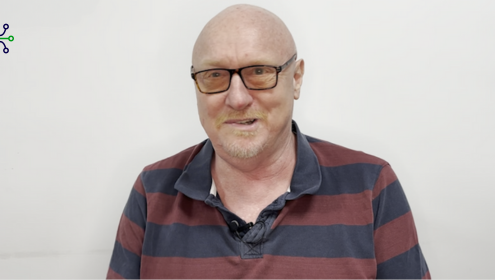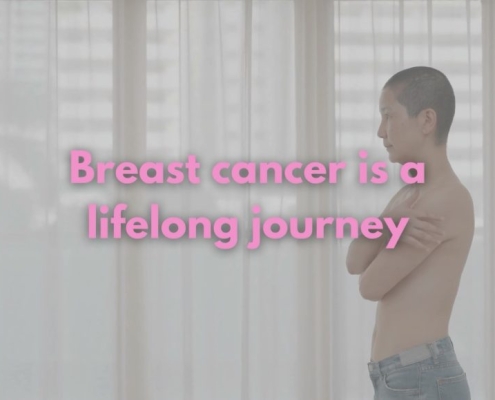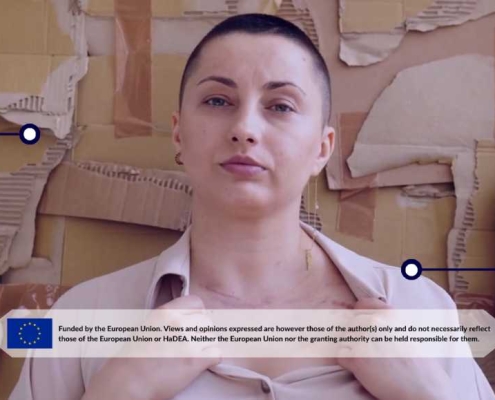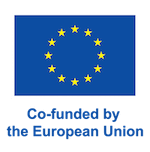Funded by the European Union. Views and opinions expressed are however those of the author(s) only and do not necessarily reflect those of the European Union or HaDEA. Neither the European Union nor the granting authority can be held responsible for them.
Funded by the European Union. Views and opinions expressed are however those of the author(s) only and do not necessarily reflect those of the European Union or HaDEA. Neither the European Union nor the granting authority can be held responsible for them.
OUR X
CONTACT
You can get in touch with us through our contact form, our email or social networks.
In the contact form you can indicate why you are contacting us by choosing one of the issues of the dropdown list.
